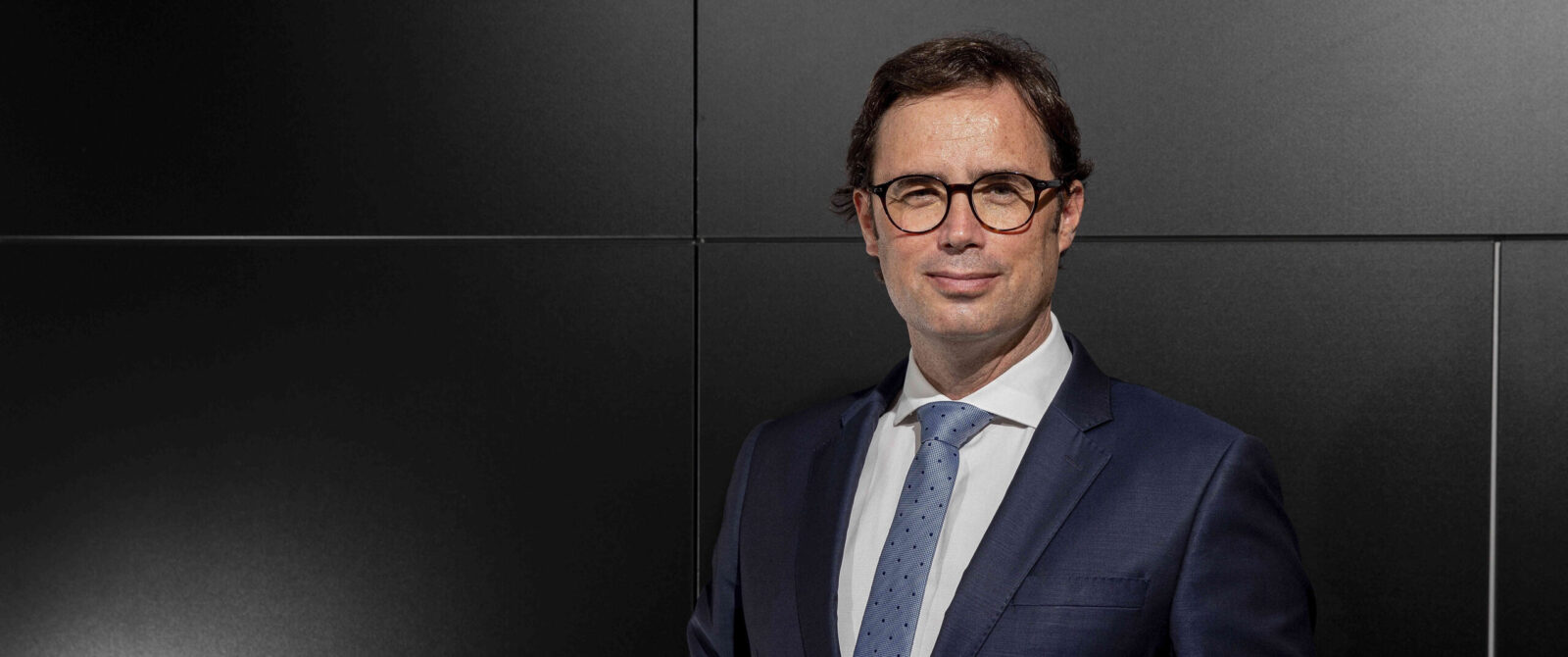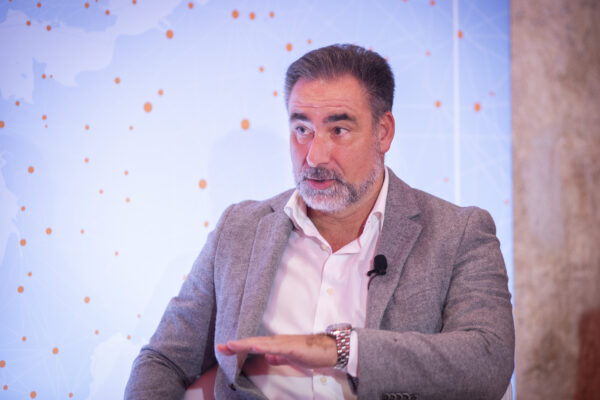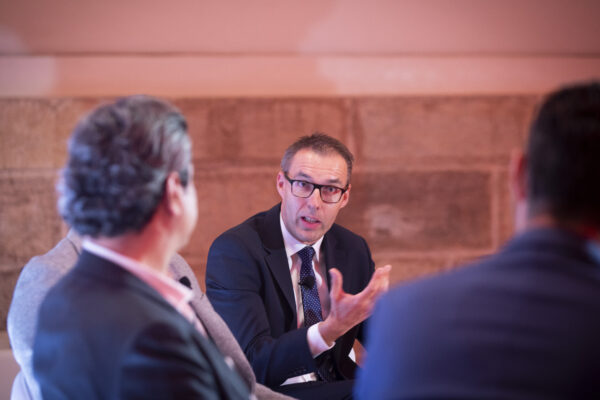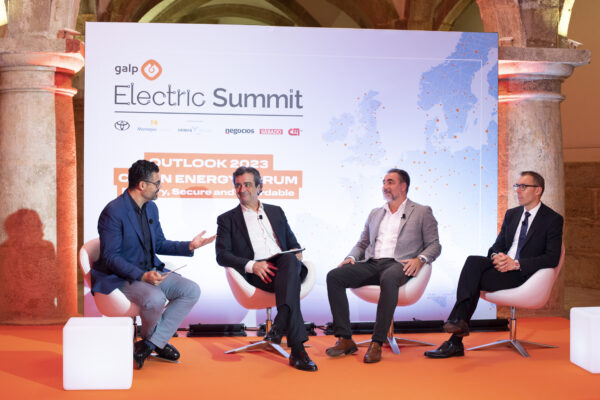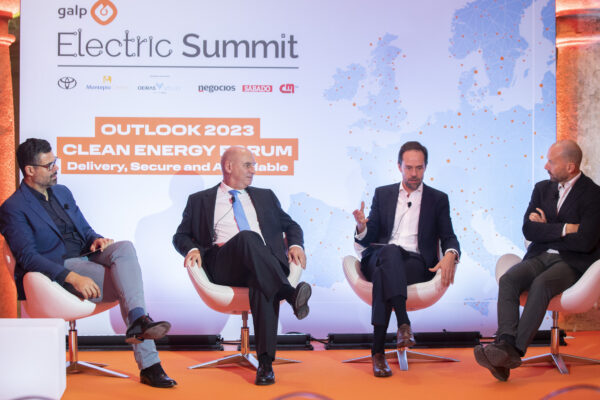The new energy era in Europe
The recent outbreak of war on our doorstep in Europe, has brought to the surface issues which have been hiding in the murky depths, out of sight of the ordinary citizen. Right up until the energy tap is turned off.
Disruptions to the flow of gas to Bulgaria, Poland and Finland have demonstrated the urgent need to resolve the question of unreliable energy supplies from Russia. Now that we are facing the imminent threat of being deprived of energy for our basic needs, it has become urgent for European countries to look for a “plan B”. I am referring essentially to Europe, because it is we Europeans who are the most reliant on Russian energy, and all the sanctions imposed following the invasion of Ukraine have led to an energy crisis. Every day we are facing heightened uncertainty regarding supply, with knock-on effects on energy prices. Prices had, in fact, already started to rise several months ago, (originally due to the strong worldwide demand for gas following the post-covid economic recovery). The argument for a rapid transition towards clean energy and increasing Europe’s energy independence has therefore gained traction.
We thus had to accelerate our development of energy policies to safeguard consumer needs and ensure people’s well-being is not jeopardised. On 8th March 2022, the European Commission proposed a Joint European Action for more accessible, secure and sustainable energy, aimed at eliminating Europe’s reliance on Russian fossil fuels before 2030. This initiative has been named REPowerEU, symbolically enacted this month when we mark Energy Day. This plan stipulates short-term measures to be taken by the EU and its member states to protect European consumers from increasing energy prices and to ensure that the EU holds sufficient gas reserves for next winter.
REPowerEU Plan
REPowerEU aims to strengthen the resilience of the energy system throughout the EU and is built on two key pillars: diversification of gas supplies by increasing imports of liquefied natural gas (LNG), using pipelines from non-Russian suppliers, and larger volumes of biomethane and hydrogen; and also reducing faster the reliance on fossil fuels in our homes, buildings, industry and power system, by boosting energy efficiency, increasing renewables and addressing infrastructure bottlenecks.
Although we are now in the hot summer months, we must not forget that the cold season is just around the corner, and this plan therefore sets out a series of measures to respond to higher energy prices in Europe and to replenish next winter’s gas reserves. It is vital to guarantee gas storage and to assure that the EU has an integrated energy system, largely based on renewable energy sources and greater energy efficiency, leading the way for less dependence on fossil fuels. We cannot leave Europeans at risk of having no heating during the sub-zero temperatures which are very common in some countries. We cannot ignore this issue and must act together with the other Member States.
Just last month, the Portuguese Cabinet approved the statute-law which allows for a temporary cap on prices in the Iberian Electricity Market (MIBEL). The 12-month long measure aims to cut the price consumers pay for their electricity and was simultaneously approved by the Spanish government. This will safeguard the autumn and winter months when electricity demands are at their highest, thereby limiting price hikes and protecting the most vulnerable consumers. This is key in ensuring that everyone is able to have access to energy.
The European Commission recently approved Portugal and Spain’s proposal for a 40€ cap on the price of natural gas used for electricity production, although the two countries had proposed an amount of 30€. This is undoubtedly a huge step in protecting consumers from speculation.
Energy literacy
The Portuguese energy agency, ADENE, remains aware of its mission, and supports the implementation and dissemination of the REPowerEU initiative to reinforce the promotion of energy literacy and to bring citizens on board. Energy efficiency is the fastest and most economical answer to the current energy crisis and the best way to cut bills. REPowerEU proposes to strengthen energy efficiency measures in the long term, including an increase from 9% to 13% of the binding energy efficiency target set in Fit For 55, part of the European Green Deal.
One of ADENE’s main goals is to help citizens, as energy consumers, to understand the importance of energy efficiency, and to encourage them so that their daily energy-saving efforts come as naturally as possible. We cannot take anything for granted, and when it comes to energy, we cannot assume that we just have to flick on a switch and that there will be no consequences. There’s a whole process involved to make sure energy gets to us. It’s neither simple nor direct, as this war has quite clearly shown. We have to be responsible in our consumption of energy and use it efficiently and conscientiously. ADENE is therefore increasingly investing in energy literacy initiatives, such as the “Energy Route” launched a year ago, so that when ordinary citizens read about energy and energy policies, they can immediately understand how their lives will be affected.
In these complex times of profound changes, we are taking on the presidency of the EnR – European Energy Network. A network which brings together 24 national energy agencies from European countries, whose mission is to stimulate national and European policies, programmes and initiatives in the fields of energy efficiency, renewable energy and climate change mitigation, and where the implementation of REPowerEU will be one of the top priorities.
Only with synergy and by making a joint effort, will we be able to usher in the new energy era in Europe.
Opinion article by Nelson Lage, chairman of the board of directors of ADENE – The Portuguese Energy Agency & chairman of European Energy Network


